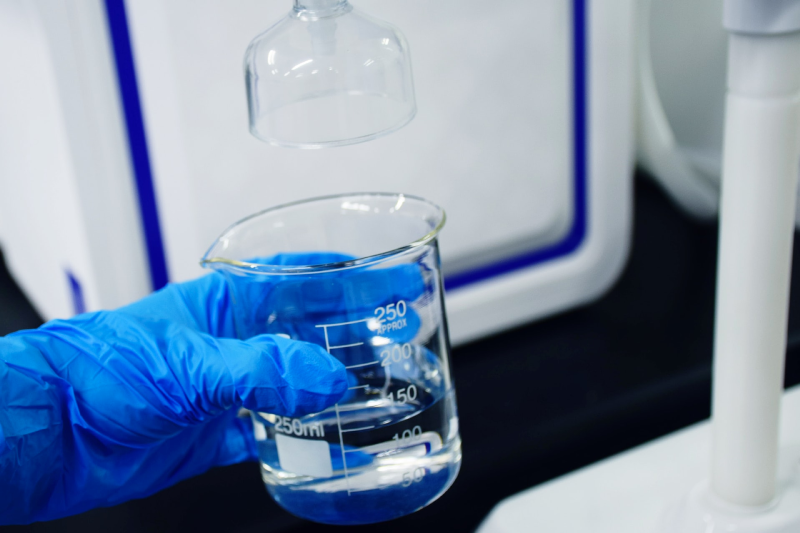Testing the water ensures that it meets legal requirements and adheres to the appropriate safety precautions to guarantee that it is free of impurities. This is a broad concept that incorporates a range of methods for analyzing and evaluating the water’s quality.
Water quality testing is mandated for anybody who has an effect on the water supply. Perhaps the government is trying to shield us from the probable health hazards linked with the intake of chlorinated water, or perhaps homeowners are trying to make sure that the water is safe for consumption. Either way, it’s a possibility.
There must be a regular testing program to ensure that the water supply is free of environmental dangers and possible health issues, regardless of whether it’s utilized for commercial, agricultural, or residential uses. No matter what the planned use of the water is—domestic, commercial, agricultural, or domestic, this rule applies.
Dialysis Water Analysis
In what way does water analysis work?
The modernization and advancement in current chemistry has allowed us to detect hundreds of harmful chemicals and microorganisms in water. To test this drug, even a very low concentration of it may be employed. It’s probable that the variety of tests available nowadays may leave you scratching your head.
It is also not required for us to study each and every component of the water. If you’re looking to conduct a thorough investigation in a short period of time, there are a few simple approaches that may provide results quickly while using minimum technology.
- Using test strips as a tool The quantity of the chemical in the water causes these strips to change colour, which tells you how concentrated the chemical is in the water.
- In comparison to standard water analysis techniques, colour disc kits are able to detect a far broader range of pollutants.
- Handheld digital metres are convenient for evaluating a wide range of compounds that might be present in water.
A variety of water tests
They are commonly used as preliminary checks since their accuracy cannot even begin to match with that of expert analysis in laboratory conditions.
Laboratory testing is the best option since it enables you to cover a wider range of pollutants, set your own testing settings, or just be confident in the results every time.
For a wide range of water-related concerns, diagnostic kits made for labs are frequently considered the most reliable way. Ordering a sampling kit, sending the sample to the lab, and checking your online account are the three basic stages in the process.
A form to record the results of water analysis
The vast majority of people across the world acquire their drinking water from wells or other privately owned facilities. Wells, ponds, and dugouts are all included in this. The quality of the water that people have access to has a direct impact on their economic standing, health, and social standing. Routine water analysis and monitoring of water quality are needed if you want to maintain your water sources reliable and risk-free and minimize any health risks that may be caused by contamination of the water. This is vital.





